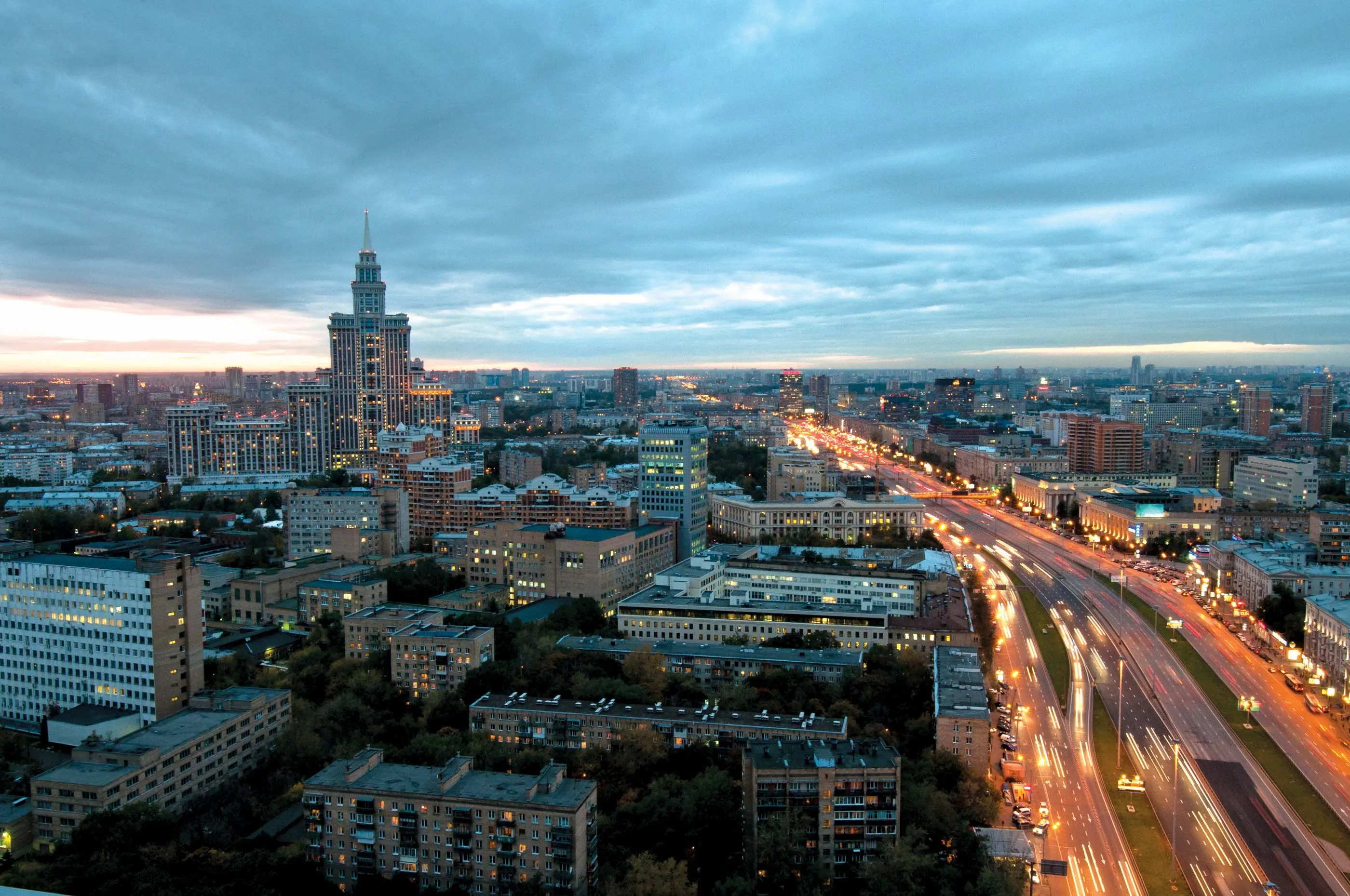The Israel National Roads Company (INRC) is organising an international networking event to unveil the large-scale transportation infrastructure projects being led by the firm.
February 28, 2012
Read time: 2 mins
The 2602 Israel National Roads Company (INRC) is organising an international networking event to unveil the large-scale transportation infrastructure projects being led by the firm. The event will provide a platform, inter alia, for face-to-face meetings between engineering and design professionals. INRC is a state-owned company that assumed responsibility for Israel's interurban road system, design, development and maintenance of the roads, traffic management and control, road safety, research and development and quality assurance.
INRC's responsibilities extend to 6,000km of roads, 74 multi-level intersections, over 2,100 intersections and over 1,200 bridges and tunnel. INRC also has responsibility for over 70,000 overhead lights, 122,000 road and traffic signs and hundreds of underground traffic sensors. In 2011 INRC began to implement a work plan that it will follow until 2016 and that will provide the country and its citizens with a modern and convenient interurban road network. This plan, at an unprecedented scope of €7.7 billion, was approved by the Ministries of Transport and Finance following the company's successful realisation of its first work plan for 2006-2010. INRC's perennial development plan is transforming the transportation map in Israel. In all 95 new interchanges will be constructed, 230km of roads will be expanded. This is in addition to the company's role in implementation of the Netivei Israel Plan, at a scope of €2.1 billion. As part of this plan, in the following two years, the INRC will publish several dozen tenders for development projects, some of them based on the design, build method. These projects include the new Road 531, which will be a central traffic artery located to the north of the Tel Aviv metropolis and is worth some €750 million.
INRC's responsibilities extend to 6,000km of roads, 74 multi-level intersections, over 2,100 intersections and over 1,200 bridges and tunnel. INRC also has responsibility for over 70,000 overhead lights, 122,000 road and traffic signs and hundreds of underground traffic sensors. In 2011 INRC began to implement a work plan that it will follow until 2016 and that will provide the country and its citizens with a modern and convenient interurban road network. This plan, at an unprecedented scope of €7.7 billion, was approved by the Ministries of Transport and Finance following the company's successful realisation of its first work plan for 2006-2010. INRC's perennial development plan is transforming the transportation map in Israel. In all 95 new interchanges will be constructed, 230km of roads will be expanded. This is in addition to the company's role in implementation of the Netivei Israel Plan, at a scope of €2.1 billion. As part of this plan, in the following two years, the INRC will publish several dozen tenders for development projects, some of them based on the design, build method. These projects include the new Road 531, which will be a central traffic artery located to the north of the Tel Aviv metropolis and is worth some €750 million.









